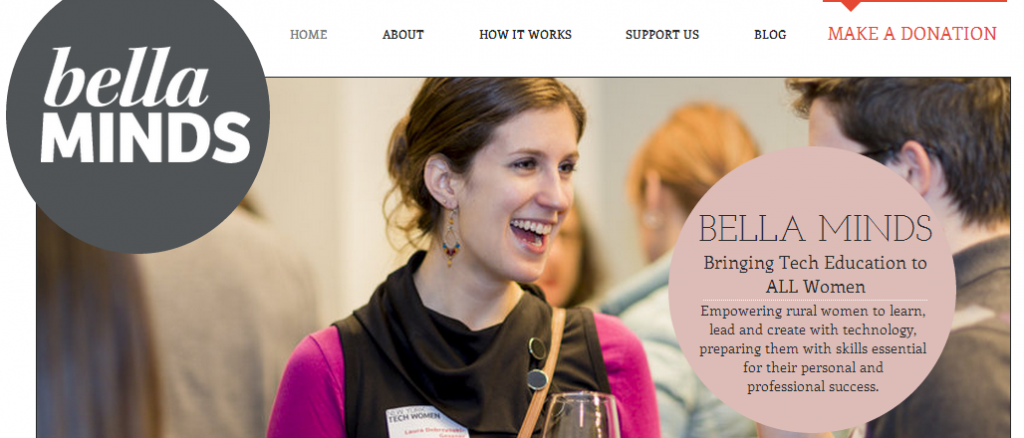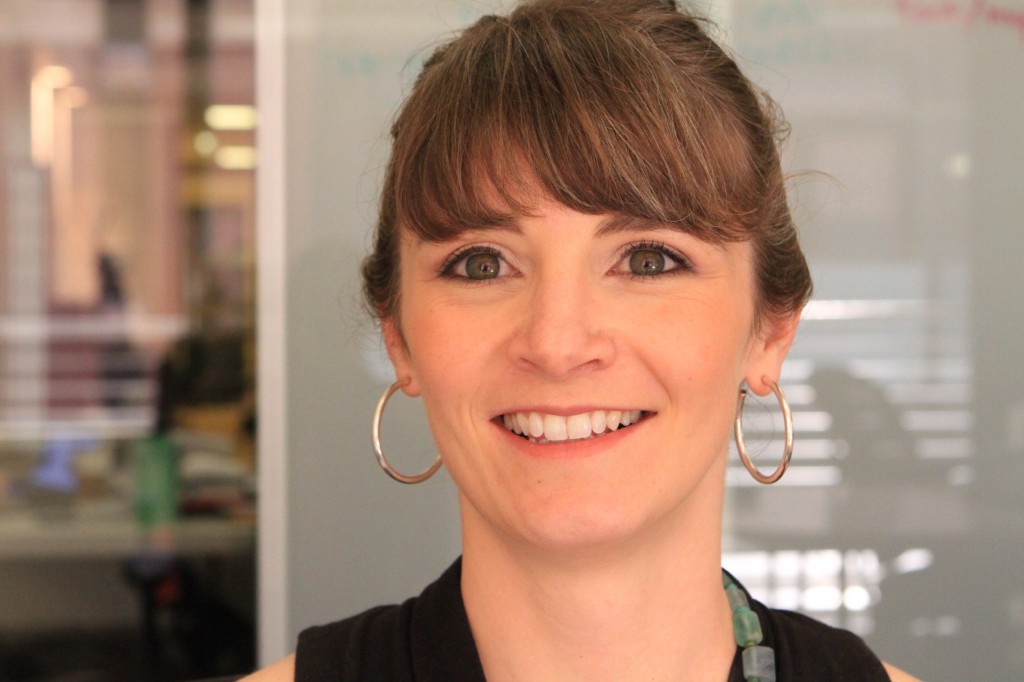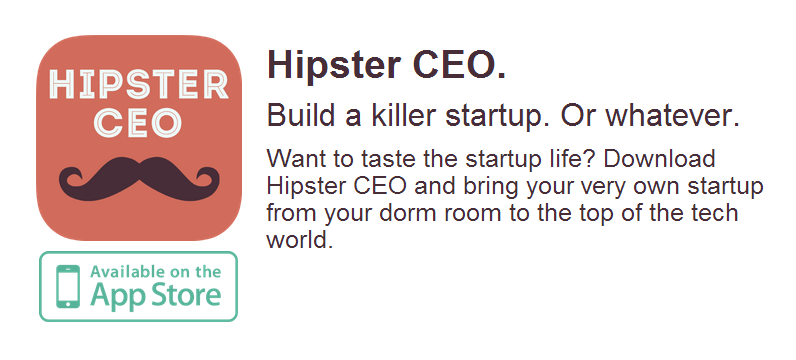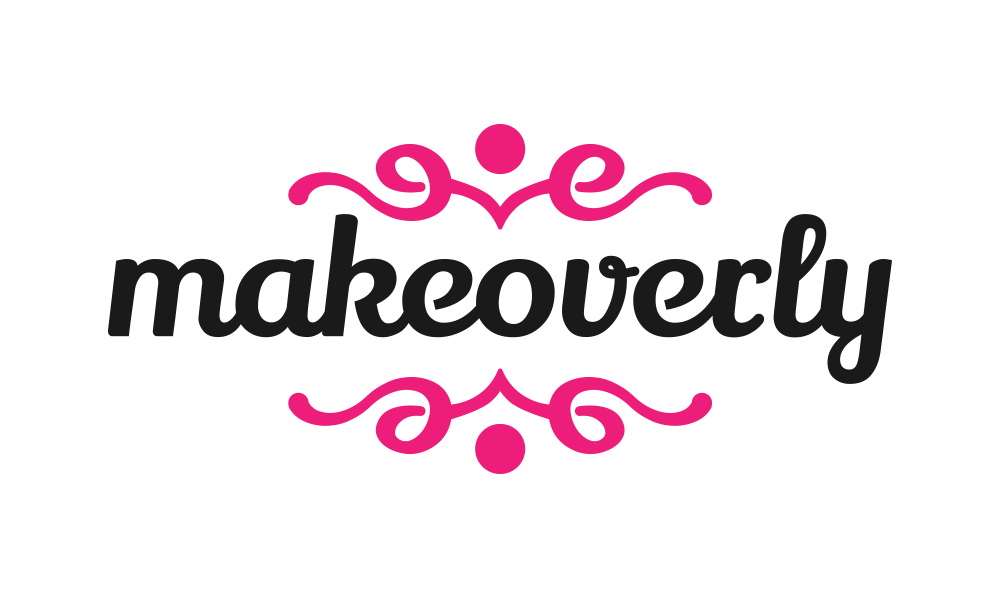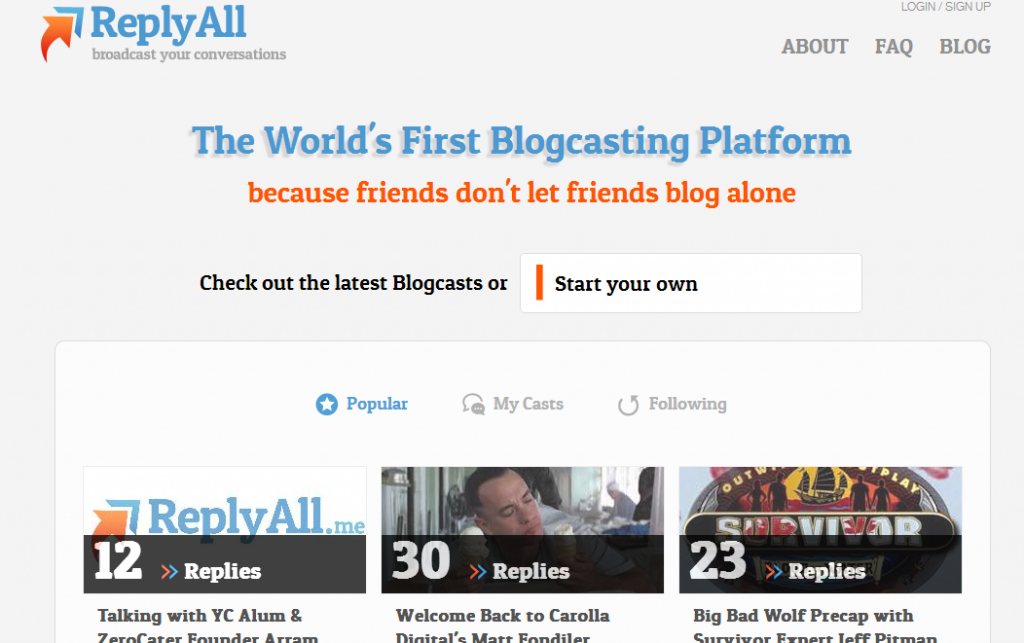 Online education has seen some big growth this year, but we’re really just seeing the beginning of an industry. Startups like Khan Academy, Udacity, and Coursera are all trying out new models.
Online education has seen some big growth this year, but we’re really just seeing the beginning of an industry. Startups like Khan Academy, Udacity, and Coursera are all trying out new models.
Earlier this year stock photo company Shutterstock jumped into the mix with Skillfeed.
Skillfeed offers a monthly subscription that gives users access to thousands of instructional videos across various subjects. Photography, Adobe InDesign, and WordPress seem to be the most popular subjects so far, but you can also take classes in business, startups, and almost any software you can think of. Skillfeed is especially for creatives and others who want to keep growing in creative careers.
What I love about Skillfeed is that there are short and long courses. You can access 20 minute or less “SkillSnacks,” or you can jump into a longer course anywhere you want to. One of the drawbacks to online education has been retention rates. Skillfeed cuts that off by not even caring if you complete a course. It’s more about what you learning what you need to learn than completing an entire course.
Check out our Q&A and sign up for the free trial on the Skillfeed website.
What does your company do?
Skillfeed is a new marketplace for online learning, with tutorials designed to help amateurs and digital professionals alike to be more successful in their career and beyond. With thousands of short and long-form instructional videos, we’re helping users of all levels build and expand their skill sets in design, photography, web development, video and more. Currently, Skillfeed offers around 20,000 videos, equating to 2000 hours of online courses delivered by 1,000 top-quality instructors from around the world.
Who are the founders, and what are their backgrounds?
Skillfeed is a startup subsidiary of Shutterstock, Inc., a leading global marketplace for digital imagery. Shutterstock CEO & Founder Jon Oringer is a serial entrepreneur who started Shutterstock 10 years ago in New York City. David Fraga, General Manager of Skillfeed, joined Shutterstock four years ago to lead corporate and business development; prior to that he worked in tech venture capital at Insight Venture Partners. Shutterstock is now a NYSE listed company which does business in 150 countries.
Where are you based?
Skillfeed is headquartered in New York City.
What’s the startup scene like where you are based?
New York’s Silicon Alley is thriving and we’re based here for good reason. We’re excited to be a part of the NY tech community’s continued growth and success. The city continues to attract top tech talent, entrepreneurs, startups, investors, and professionals from all corners of the globe, which creates a vibrant environment for starting a business.
What problem do you solve?
Skillfeed democratizes access to high-quality digital education around the world. For an affordable monthly membership, users get unlimited access to hundreds of high-quality courses from real industry professionals, who teach the skills necessary to advance in today’s digital world.
Why now?
The digital landscape is changing rapidly; designers, marketers, business owners and professionals of all kinds are required to have more digital skills than ever before. Whether refreshing your skills for a current job or project, adding new skills to become better suited for a future career, or running a business where you have to be able to do it all, there is huge demand for online courses.
Who is the competition?
This might sound odd, but we believe our primary competition to be books (static, one topic, quickly dated) and in-person classes (expensive, someone else’s schedule, unknown quality before you arrive). While digital is starting to become a more popular option, the vast majority of learning still happens offline. We believe we can help to shape an entirely new industry of affordable and accessible online learning.
What are some of the milestones your startup has already reached?
Launching with over 10,000 videos was a big milestone for us. We’ve since doubled the size of the collection and we’re now seeing the majority of our users log-in from outside of the US. Every day we’re adding new high-quality content, and servicing more clients from around the world.
What are your next milestones?
We’re constantly looking to simplify the process of online learning. We’re hard at work adding customers and instructors to our platform, and innovating on the way that educational content is made and consumed. We’ve got some big things in store!





